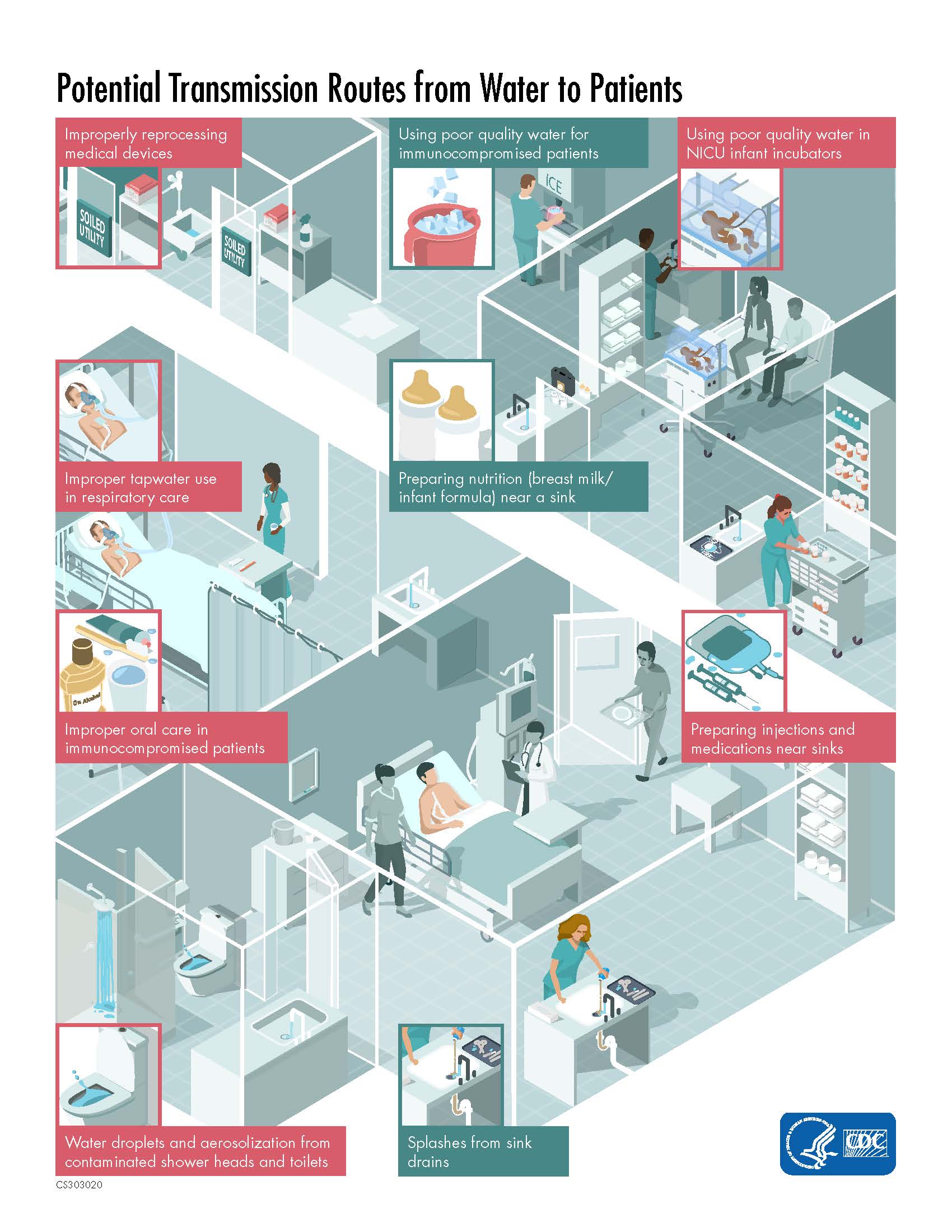What is Multidrug-Resistant Pseudomonas aeruginosa (MDR-PA)?
Pseudomonas is a genus of gram-negative bacteria found normally in the environment. Pseudomonas aeruginosa is the most common strain that causes infections in humans. Around 13% of P. aeruginosa infections are multidrug-resistant (MDR-PA). Mild infections, such as ear infections and rashes, can occur among healthy people, but serious infections typically occur in seriously ill patients. People who are at greatest risk for P. aeruginosa infection include those using medical devices such as breathing machines and catheters. Patients with surgical or burn wounds are also at a greater risk for P. aeruginosa infection. P. aeruginosa can be transmitted though the hands of healthcare workers and contaminated equipment.
Carbapenem-Resistant Pseudomonas aeruginosa (CRPA)
Pseudomonas aeruginosa infections can also be carbapenem resistant. Between 2-3% of all CRPA isolates produce a carbapenemase enzyme. Similar to other carbapenemase producing organisms (CP-CRE and CRAB), the genetic elements that code for carbapenemase production are mobile and can be horizontally transferred to other bacteria.

